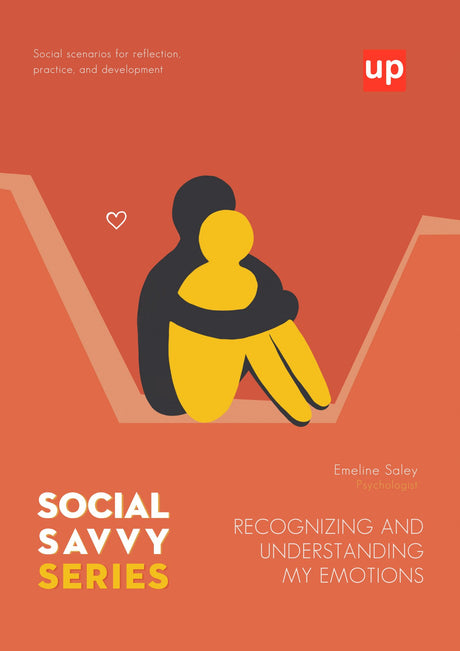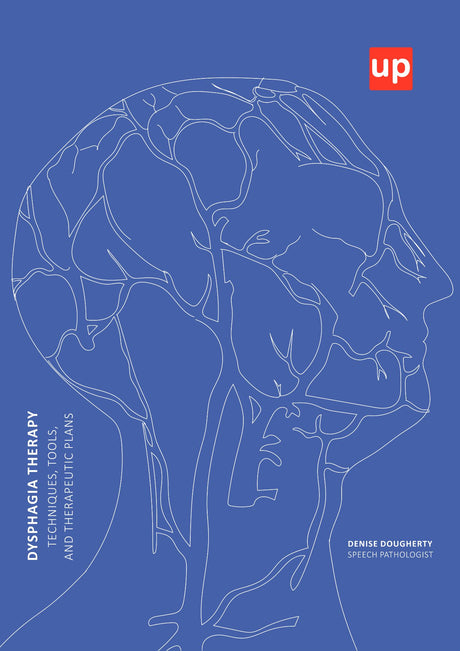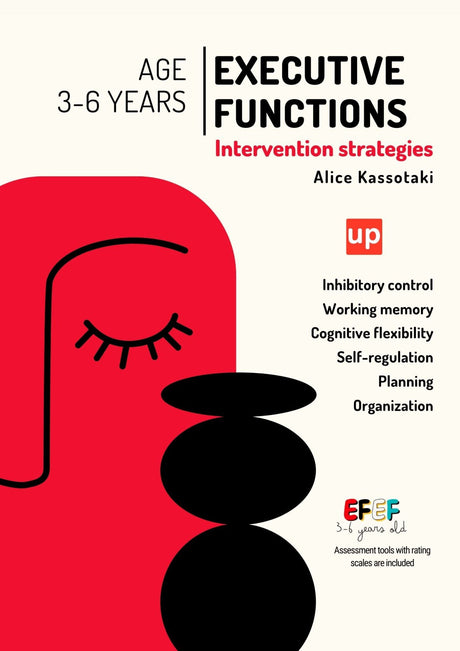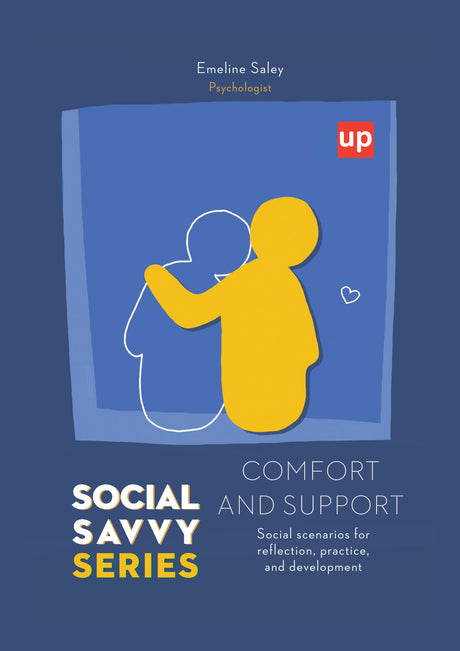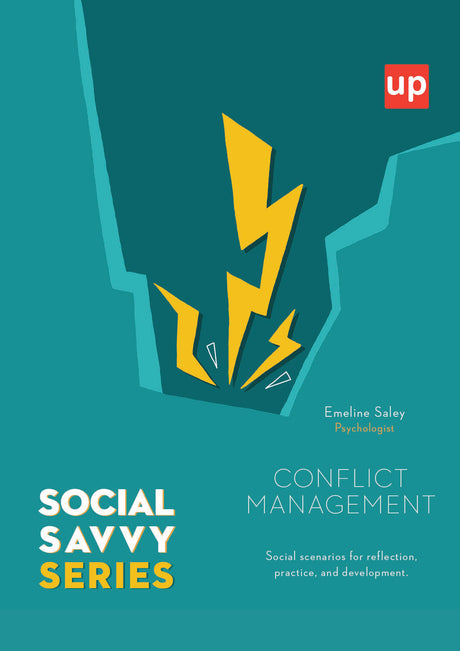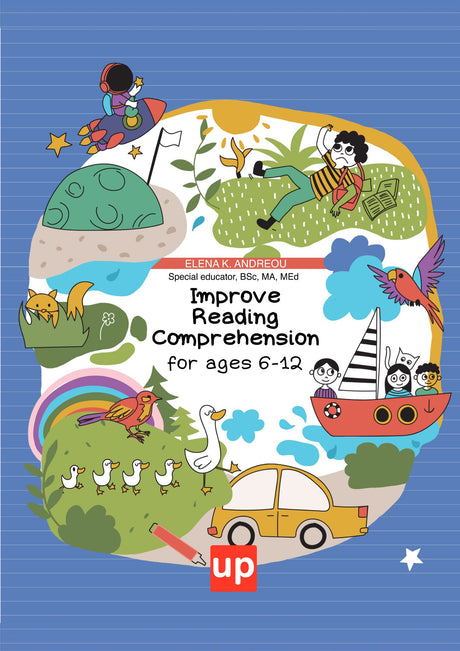Does my child have ADHD? If you suspect your child has symptoms of hyperactivity, impulsivity or inattention, take this 26-question test for children with ADHD and share the results with your child's doctor for a thorough evaluation.
Start the test-->>
Who is it for?
Attention Deficit Hyperactivity Disorder (ADHD) is a widely recognised neurodevelopmental disorder that affects thought processes, emotional regulation and responses to the environment. Often found in children and adolescents, ADHD can also be diagnosed in adults.
For assessment purposes, the 26-item SNAP-IV scale, a condensed version of the Swanson, Nolan and Pelham Questionnaire (SNAP) developed by Swanson in 1992 and colleagues in 1983, is used. The manifestation of ADHD varies from person to person. Some individuals may experience milder symptoms, while others may have days when ADHD symptoms are particularly severe for a variety of reasons.
ADHD presents differently in each person. For example, the way ADHD symptoms appear in children can be very different from the way they appear in adults.
The nature of a person's ADHD symptoms is also affected by the specific type of ADHD they have. The main symptoms of ADHD include inattention, hyperactivity and impulsivity. However, the presence of these symptoms alone does not confirm a diagnosis of ADHD in a child.
Is it valid?
The high internal consistency coefficients (above 0.91) of all SNAP-IV scales indicate that the test is a reliable tool for assessing ADHD-related symptoms. However, it is crucial to understand that this online diagnostic test is not a definitive diagnostic tool.
While it offers valuable information about the presence and severity of ADHD-like symptoms (attention deficit hyperactivity disorder), a formal diagnosis of ADHD should always be made by qualified healthcare professionals, such as doctors or mental health specialists. They can provide comprehensive assessments and guide you on appropriate next steps.
Questions
How is ADHD diagnosed?
Mental health professionals use psychological assessments to determine if someone has ADHD (attention deficit hyperactivity disorder). Diagnosis usually follows after several sessions with a healthcare provider.
What are the characteristic symptoms of ADHD Y?
Although there are many symptoms of ADHD, which may vary between individuals, some common ones include:
- Feeling anxious
- Difficulty with time management and prioritizing tasks
- Trouble with time management and time management
- Challenges in focusing on a single task
- Tendency to forget things
- Frequent loss or misplacement of objects
- Easily distracted
- Shows impatience or wants immediate rewards
- Difficulty maintaining concentration in conversations
Usually occurs in childhood and often persists into adulthood. For a more comprehensive list of symptoms of attention deficit hyperactivity disorder, refer to resources like Upbility.
Can people with ADHD Y have a normal life?
Absolutely. Several treatments are available for people diagnosed with ADHD Y (attention deficit hyperactivity disorder), aimed at reducing symptoms and enhancing daily functioning.
Adopting coping strategies, such as mindfulness or maintaining a balanced diet, may also be beneficial for managing ADHD symptoms.
Is it possible to self-diagnose ADHD?
Self-diagnosis of ADHD is not recommended. Only qualified health or mental health professionals can accurately diagnose mental health conditions. In fact, ADHD in adults is quite difficult to identify, as it does not manifest as strongly as in childhood.
Copyright
SNAP-IV 26-Item Teacher and Parent Rating Scale. James M. Swanson, Ph.D., University of California, Irvine, CA 92715
Canadian Attention Deficit Hyperactivity Disorder Resource Alliance (CADDRA): Canadian ADHD Practice Guidelines, Third Edition, Toronto ON; CADDRA, 2011.
Swanson JM. School-Based Assessments and Intervention for ADD Students. Irvine: KC Publishing, 1992.
THIS INFORMATION IS NOT INTENDED TO REPLACE CLINICAL JUDGMENT OR TO GUIDE INDIVIDUAL PATIENT CARE IN ANY WAY.








